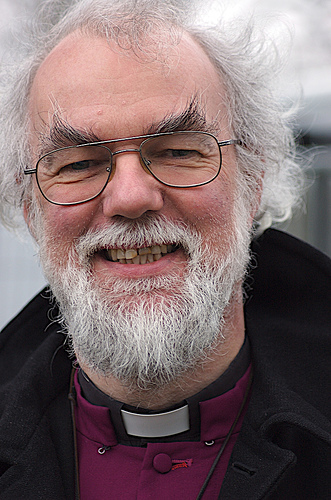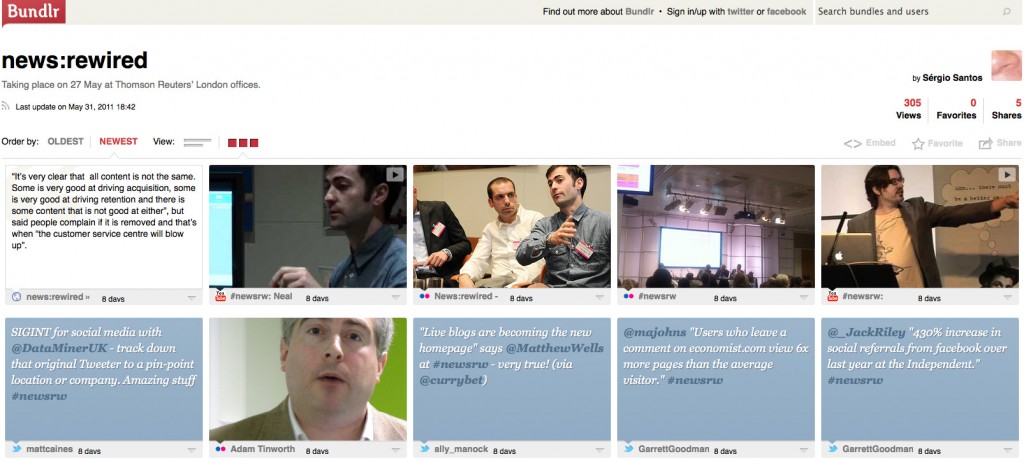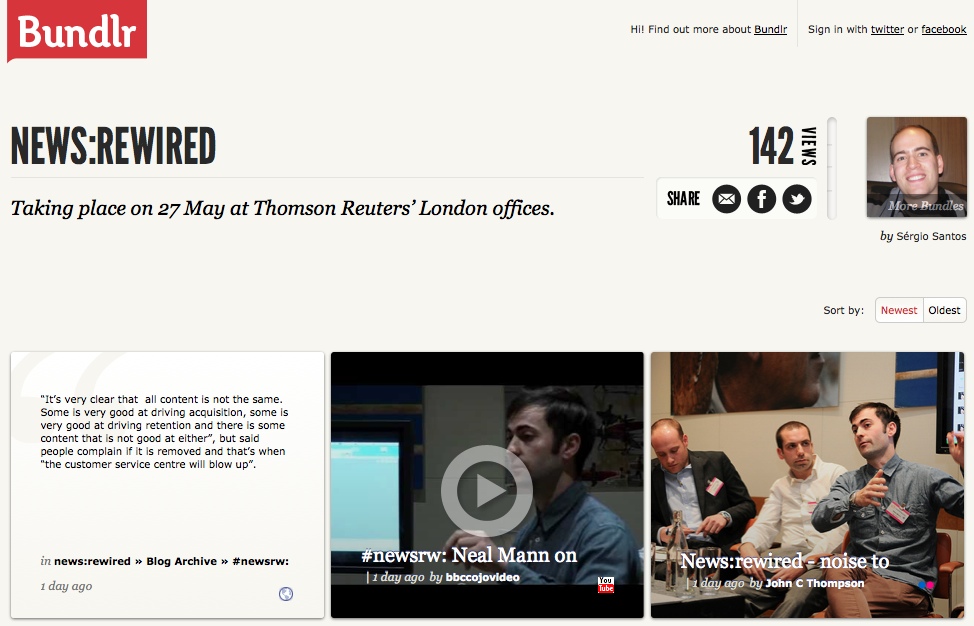 The Archbishop of Canterbury, Dr Rowan Williams is guest editor of this week’s New Statesman.
The Archbishop of Canterbury, Dr Rowan Williams is guest editor of this week’s New Statesman.
The edition, which focuses on David Cameron’s “big society” policy, features contributions from Philip Pullman, A S Byatt, Gordon Brown, and Richard Curtis, as well as analysis and commentary from the Chief Rabbi, Jonathan Sacks, Maurice Glasman and Iain Duncan Smith.
Willliams’ guest editorship has also resulted in a focus on faith: Pullman, author of the His Dark Materials trilogy, explains why he is a “Church of England atheist” and author Terry Eagleton writes about secularism. There are contributions from two vicars as well as actor Tom Hollander, who plays a vicar in television series Rev.
Film director Richard Curtis writes about the scourge of malaria; and poker player and columnist Victoria Coren addresses “the vexed question of faith versus poker”. Novelist Byatt contributes a short story written especially for the edition.
New Statesman editor Jason Cowley said: “I have long admired Rowan Williams as a thinker and public intellectual. His previous contributions to the magazine under my editorship have been both thoughtful and thought-provoking. We agreed that he would guest-edit the magazine over lunch at Lambeth Palace in January; we have been working on the issue ever since.
“Although the New Statesman is a secular magazine, we recognise Dr Williams’s contribution to public and political debate, and this is an important intervention from him. I’m delighted with the issue.”
Williams said: “This is not a platform for the establishment to explain itself – any more than the New Statesman ever is. The hope is that it may be possible to spark some livelier debate about where we are going, perhaps even to discover what the left’s big idea currently is.”
Williams is the magazine’s fifth guest editor, following Alastair Campbell, Ken Livingstone, Melvyn Bragg and Jemima Khan.
Image by Steve Punter on Flickr. Some rights reserved.


